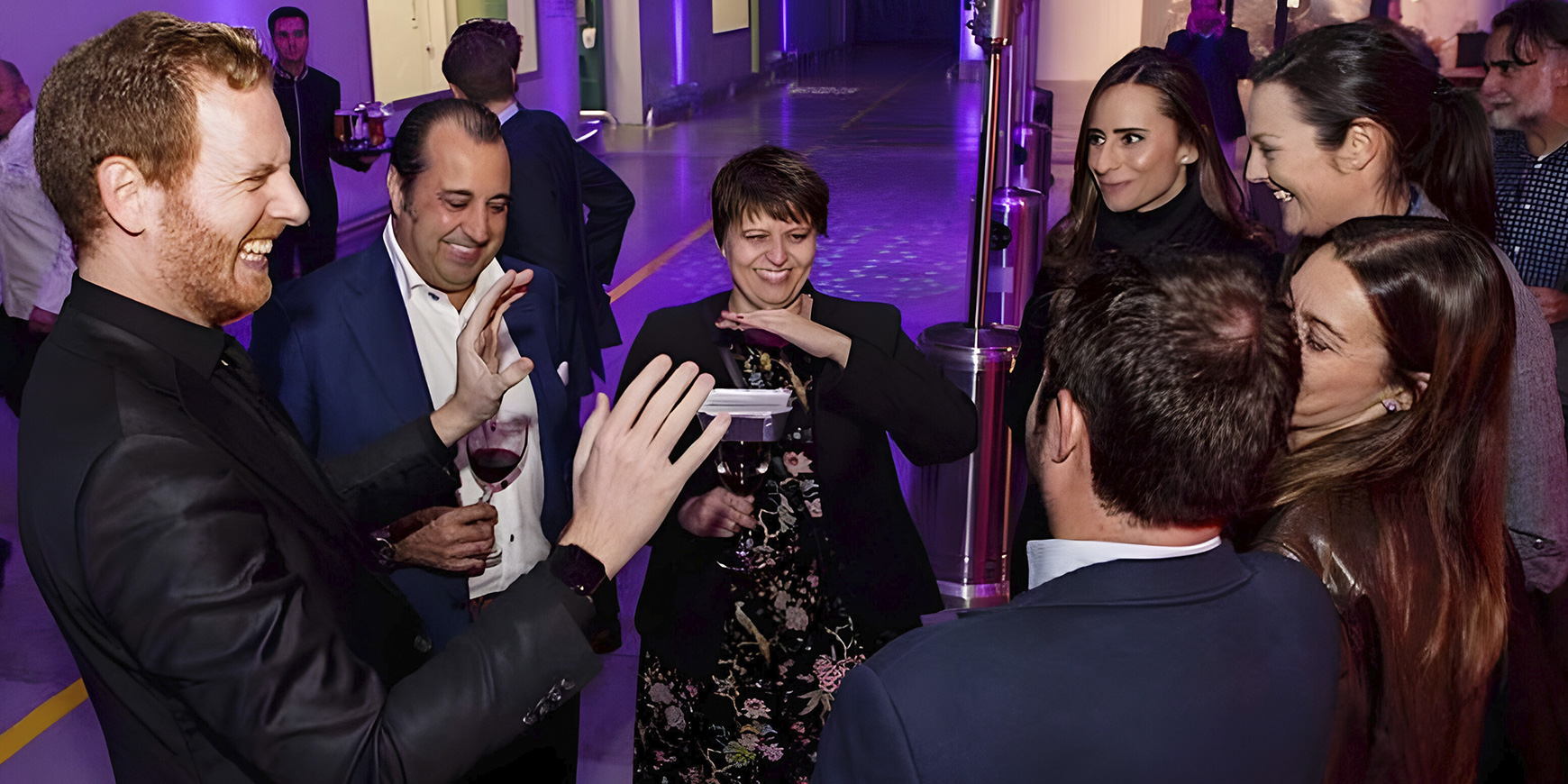Photography has evolved into a dynamic career choice, offering unmatched creative and professional satisfaction. For individuals aspiring to combine passion with career advancement, mastering photography skills opens doors to diverse opportunities. By focusing on key aspects of professional development, anyone can embark on a rewarding journey to success. Enrolling in a course can provide the necessary knowledge, structure, and guidance to excel in the field. This article tells you how.
Understanding the Fundamentals of Professional Photography
A solid grasp of photography basics is the cornerstone of a successful career. A photography course teaches you how to handle different cameras, adjust settings, and use lighting effectively to set a strong foundation. Understanding elements like composition, aperture, and shutter speed helps create stunning visuals while instilling confidence to tackle complex projects.
Mastering Advanced Techniques and Equipment
The field of photography requires constant upskilling. Advanced training in techniques such as long exposures, macro photography, or post-processing enhances versatility. Exploring modern equipment like drones or specialized lenses allows photographers to offer unique perspectives, giving them an edge in competitive industries.
Building a Diverse and Impressive Portfolio
A well-curated portfolio showcases talent and adaptability. A variety of images from events, landscapes, and portraits can demonstrate skills to potential clients or employers. Consistently updating the portfolio ensures it reflects growth and stays relevant to industry trends, enhancing career prospects.
Exploring Various Photography Genres and Specializations
The photography world offers numerous niches to explore. From wildlife to fashion and architecture, each genre presents unique challenges and opportunities. Choosing a specialization aligned with personal interests not only fuels passion but also creates a niche expertise that attracts specific clientele.
Developing a Personal Style and Creative Vision
Artistry and individuality play crucial roles in professional success. Developing a signature style sets one apart in a crowded marketplace. Experimenting with colors, framing, and storytelling can help build a distinct brand identity, making work instantly recognizable and memorable.
Networking and Collaborating with Industry Professionals
Networking opens doors to opportunities and valuable insights. Engaging with seasoned photographers, participating in workshops, or joining industry groups can foster collaboration. Such interactions often lead to partnerships or assignments, adding credibility and experience to a growing career.
Marketing Yourself Effectively to Potential Clients
A strong marketing strategy is essential for success. Crafting a professional website, showcasing an online portfolio, and engaging with audiences on social media can attract attention. Clear communication, timely responses, and a polished personal brand inspire trust and build long-term relationships.
Navigating the Business Aspects of a Photography Career
Transitioning from hobbyist to professional requires business acumen. Managing finances, setting competitive rates, and negotiating contracts ensure sustainable growth. Learning to balance creative ambitions with business priorities can turn a passion into a thriving profession.
Pursuing Continuous Education and Skill Enhancement
Even seasoned photographers benefit from ongoing education. Enrolling in advanced courses, attending seminars, or learning new software keeps skills sharp. Lifelong learning helps professionals stay ahead of the curve, ensuring their work remains fresh and innovative.
Leveraging Online Platforms and Social Media for Exposure
Online platforms are invaluable for gaining visibility. A well-maintained social media account showcasing expertise can reach global audiences. Consistent content, like behind-the-scenes videos or tutorials, not only builds engagement but also strengthens an online presence.
Here are some essential online strategies to enhance visibility:
- Maintain an updated profile on photography-focused platforms.
- Use hashtags strategically to target specific audiences.
- Share client testimonials to build credibility.
These practices create opportunities and showcase professionalism to potential collaborators.
Tips for Selecting the Right Course to Achieve Your Career Goals
Choosing the right course is key to professional growth. Look for programs offering a well-rounded curriculum that includes technical skills, creative techniques, and business management. Learning from experienced instructors ensures you gain valuable insights and practical expertise. Prioritize courses that support portfolio development and offer resources like personal tutors or advanced workshops to refine your skills and showcase your work effectively.
Benefits of Enrolling in a Professional Course
A professional photography course enhances skills, creativity, and career prospects. Structured programs provide a solid foundation in photography techniques while exposing you to diverse styles and genres. Networking with instructors and peers opens doors to collaborations and opportunities. Flexible learning options, such as online courses, help balance studies with other commitments. Accredited programs with strong industry recognition add credibility to your qualifications. Additionally, gaining a recognized qualification and developing a strong portfolio can significantly boost your marketability. Continuous access to updated resources keeps your skills relevant in the evolving photography landscape.
Achieving career goals through professional photography combines creativity with strategic planning. By mastering skills, staying informed about industry changes, networking effectively, and, most of all, choosing a good photography course, photographers can unlock endless possibilities. Whether creating art or capturing timeless moments for clients, photography offers a unique blend of passion and purpose that leads to a fulfilling career.










